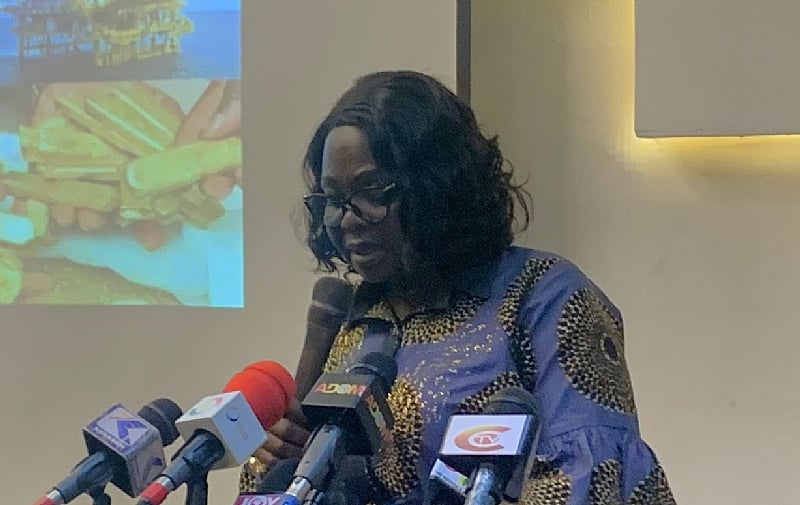Ghana’s oil and gas sectors have emerged as crucial components in the nation’s economic growth, according to Madam Justina Owusu-Banahene, the Bono Regional Minister. During a workshop focused on the 2021/2022 reports of various mining and oil sectors, she highlighted the significant fluctuations in different economic contributors. For example, while the mining sector’s contribution to Ghana’s Gross Domestic Product (GDP) decreased from GH₵11.449 billion in 2020 to GH₵10.105 billion in 2021 — a notable decline of 11.7 percent — it rebounded to GH₵13.025 billion in 2022, marking an impressive increase of 28.9 percent. This volatility necessitates responsible public financial management to align government expenditures with evolving revenue forecasts, as underscored in Madam Owusu-Banahene’s address to stakeholders, including civil society organizations and traditional authorities.
While there have been positive trends in the oil and gas sectors, the gold production metrics showed stark contrasts, shrinking by 91.7 percent in 2021 primarily due to the introduction of a three percent Withholding Tax on small-scale mineral production. However, after the government halved this tax to 1.5 percent, there was a dramatic recovery in the small-scale sector, reflected in a staggering 569 percent increase in output in 2022. In comparison to other economic activities, the mining sector ranked fifth by value in 2021 and third in 2022. Moreover, mineral export proceeds constituted 36 percent and 39 percent of total merchandise exports in 2021 and 2022, respectively, outpacing other significant foreign exchange earners like cocoa and crude oil.
Madam Owusu-Banahene outlined that the upstream oil and gas sector contributed 4.89 percent to Ghana’s GDP and accounted for significant portions of government revenue, reflecting its growing importance in the national economy. She cited statistics showing that GNPC exported 11,615,029 barrels of crude oil in 2021, generating US$496,286,197.87, while other partners exported a further 55,843,177 barrels in 2022. Consequently, the Bank of Ghana reported total crude oil exports for 2022 at 67,458,206 barrels, valued at approximately US$2,910.6 million, making up 31.19 percent of total merchandise exports that year. The previous year, crude oil exports were valued at US$3,947.73 million, comprising 26.81 percent of gross merchandise exports.
An interview with Dr. Steve Manteaw, Co-Chair of the Ghana Extractive Industry Transparency Initiative (GHETI), further elucidated the economic implications of mineral revenues. He encouraged both the government and local authorities to perceive these revenues as investments rather than mere income for current consumption. Citing the successful investment of $30 million of oil revenues in the Kotoka Terminal Three project through the Ghana Infrastructure Investment Fund — yielding returns nearing $40 million — Dr. Manteaw stressed the importance of viewing mineral resources as long-term capital assets that could foster sustainable growth.
He emphasized that the country should focus not solely on short-term revenues but on the potential for long-lasting investments that can benefit future generations. According to Dr. Manteaw, the depletion of gold and other mineral resources could leave the country without tangible assets if the revenues are primarily expended on recurrent costs. He portrayed mineral endowments as significant capital that could support infrastructure and investment initiatives, ensuring a legacy of benefits beyond the immediate economic contributions.
Thus, the discussion at the workshop exemplified the need for Ghana to harness its oil and gas sectors alongside mining strategically. By adopting a comprehensive approach that couples prudent financial management with visionary investment strategies, Ghana can strive to diversify its economy, optimize resource utilization, and promote sustainable development. Ultimately, transitioning from treating mineral revenues as disposable income towards viewing them as opportunities for future investments could lay the groundwork for a robust economic framework that withstands market fluctuations and resource depletion over time.


